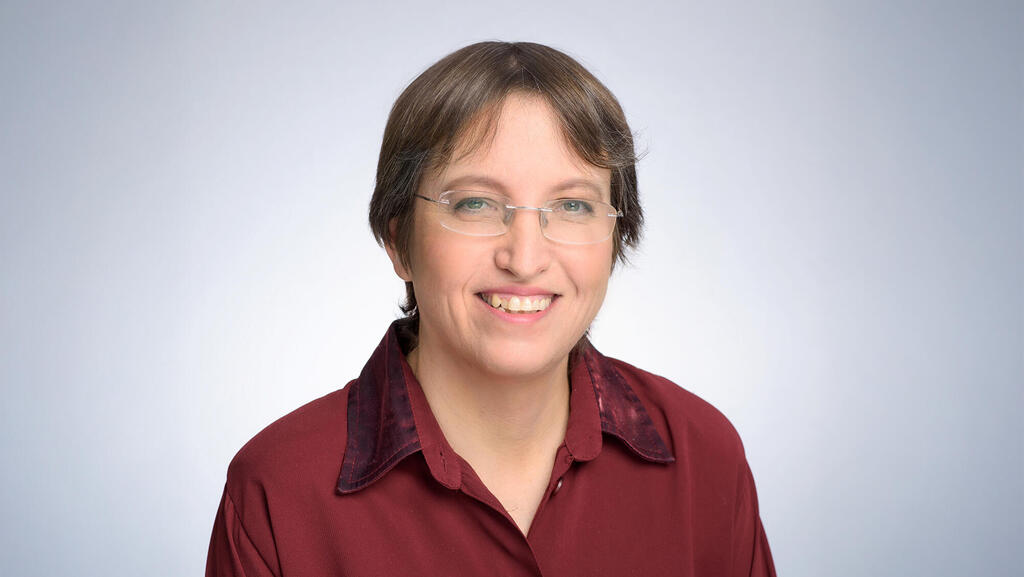
Most Promising Startups - 2025
Israel's quantum moment is now
Why the nation must act boldly to lead the next great technological revolution.
The world of technology is undergoing a quantum awakening. Much like past technological revolutions that reshaped history, quantum computing promises to redefine the rules across science, medicine, industry, and national security. Israel holds a strategic advantage in this field, thanks to a mature innovation ecosystem, a high concentration of quantum startups relative to its population, and world-class academic programs that cultivate top-tier talent. Achieving technological independence in quantum computing is essential if Israel is to secure its position at the forefront of global scientific and economic progress.
The United Nations has declared 2025 the International Year of Quantum Science and Technology, underscoring the field’s vital role in shaping humanity’s future. This is more than a symbolic gesture—it’s a strategic call to action, aimed at raising global awareness, promoting education and workforce development, and encouraging international collaboration among governments, institutions, and industries. It also sends a clear message to policymakers and investors: now is the time to invest in meaningful and sustainable quantum solutions.
Quantum theory—and the paradoxes that seemingly defy classical logic—teaches us not just to cope with complexity, but to embrace it as a source of opportunity. The willingness to navigate uncertainty and think beyond conventional boundaries is the essence of innovation. That mindset is a defining characteristic of Israel’s innovation ecosystem. If we act decisively and consistently, we can take a leading role in this next great technological wave.
As a computer science PhD, I hold deep respect for the pioneers of quantum physics—Max Planck, Niels Bohr, Albert Einstein, Erwin Schrödinger, and others—who laid the groundwork for the field more than a century ago. They uncovered the laws governing the smallest particles in nature and formulated the foundations of quantum mechanics with stunning precision. Research continued to evolve, and in the 1980s, the concept of the quantum computer emerged—pioneered by brilliant minds like Richard Feynman, David Deutsch, and Peter Shor. Once again, groundbreaking academic thought paved the way for a scientific leap with the potential to transform all of technology.
The core difference between quantum and classical computers lies in the fundamental unit of information. Classical computers operate with bits, which represent either 0 or 1. Quantum computers use qubits, which can represent 0 and 1 simultaneously—a phenomenon known as superposition. This allows quantum systems to process vast numbers of possibilities in parallel, making it theoretically possible to solve complex problems far beyond the reach of today’s fastest supercomputers. Quantum computers are particularly well-suited to simulating quantum systems, offering realistic models that could lead to breakthroughs in chemistry, physics, and materials science.
It’s important to note: quantum computers are not meant to replace classical computers or current AI systems. Rather, they will complement them—especially when confronting the most demanding computational challenges. Leading global companies are already preparing for the quantum era, with dedicated teams in industries ranging from pharmaceuticals and logistics to finance and cybersecurity. More than 100 organizations worldwide are investing in practical applications. New regulations are emerging to address post-quantum encryption standards, and tech giants like Google, Amazon, IBM, Microsoft, and Nvidia are pouring resources into quantum R&D.
Over $45 billion has already been invested in quantum technologies—most of it by governments. But private investors are now entering the space as well, and several public quantum companies are valued at over $1 billion. Israel is home to dozens of quantum-focused startups, and several universities run cutting-edge programs in the field—some recognized among the world’s best. Longstanding initiatives like Talpiot have laid the foundations for today’s deep talent pool and will play a crucial role in developing the next generation of quantum leaders.
Related articles:
Quantum Machines, a prominent Israeli startup, recently raised $170 million. Other Israeli companies are making major strides, and relative to population size, Israel ranks among the global leaders in quantum startup density, second only to the United States. The country is in a strong starting position. We are at the dawn of a technological revolution in which small, agile teams can shape future industries worth trillions of dollars. The field remains wide open—whether it’s in hardware, software, developer tools, or sector-specific applications. For entrepreneurs seeking meaningful impact, this is a once-in-a-generation opportunity.
As a venture capital fund investing in quantum, Qbeat Ventures believes this is the right moment to get involved—to help drive a revolution that will unfold over the coming years. For Israel to be among the leaders in this transformation, a deep and sustained national strategy is required, including:
- Massive investment in R&D across academia and deeptech.
- Training and education, with interdisciplinary quantum computing programs and well-supported research labs.
- Government-industry-academia collaboration, especially with international partners.
- A stable, long-term policy to invest in education, support human capital, and prevent brain drain.
But in Israel’s current state, there is cause for concern. Infrastructure investment is lagging, support for talent is weakening, and political instability is threatening the cross-sector collaboration that quantum innovation demands.
This Independence Day is a time to think differently. The independence of future generations will not be measured only by military strength, but by our ability to develop transformative technologies and ensure Israel’s position at the cutting edge of science and economics. The quantum revolution is upon us.
We must choose: will we lead it—or chase it?
Dorit Dor is a founding partner at Qbeat Ventures.
